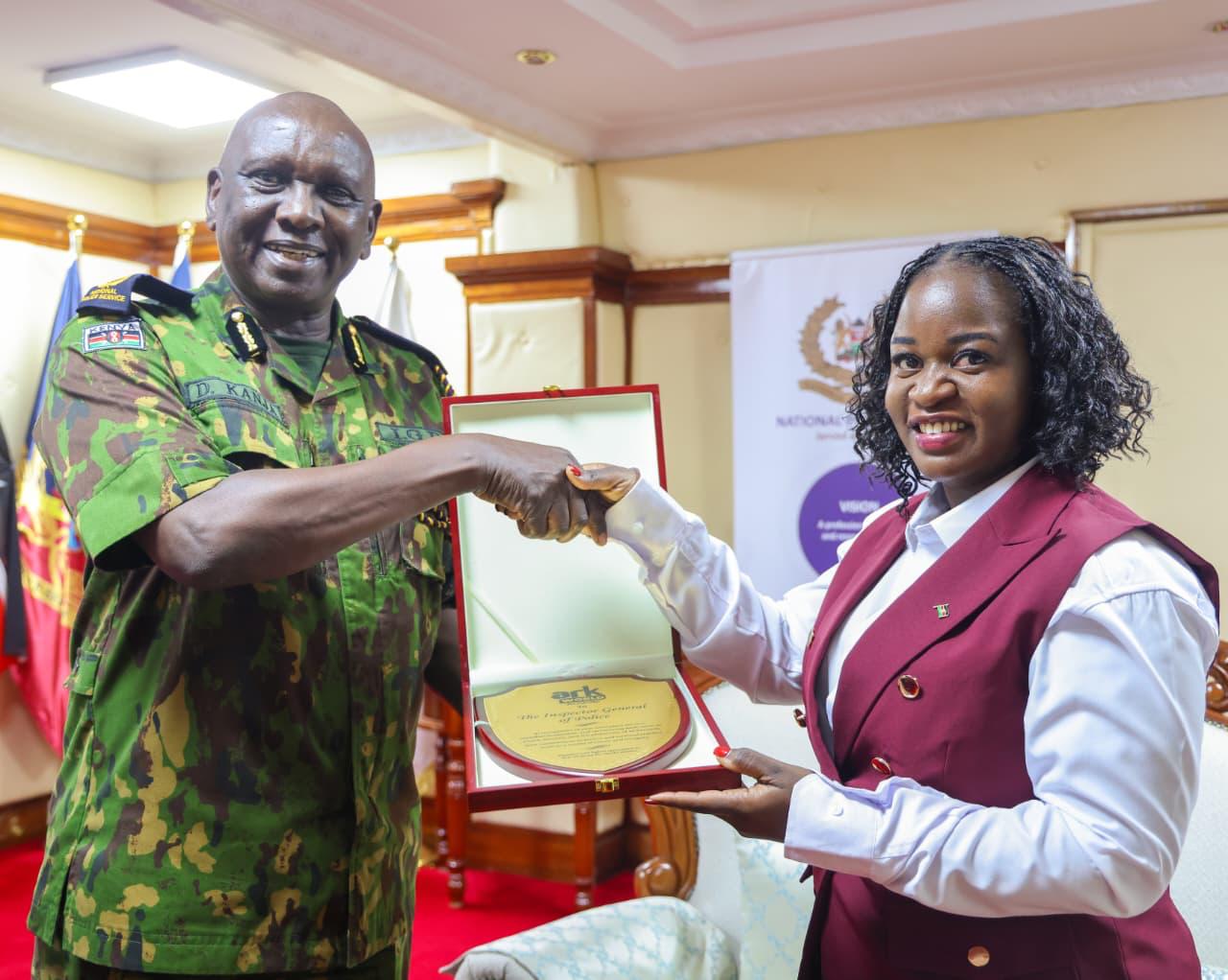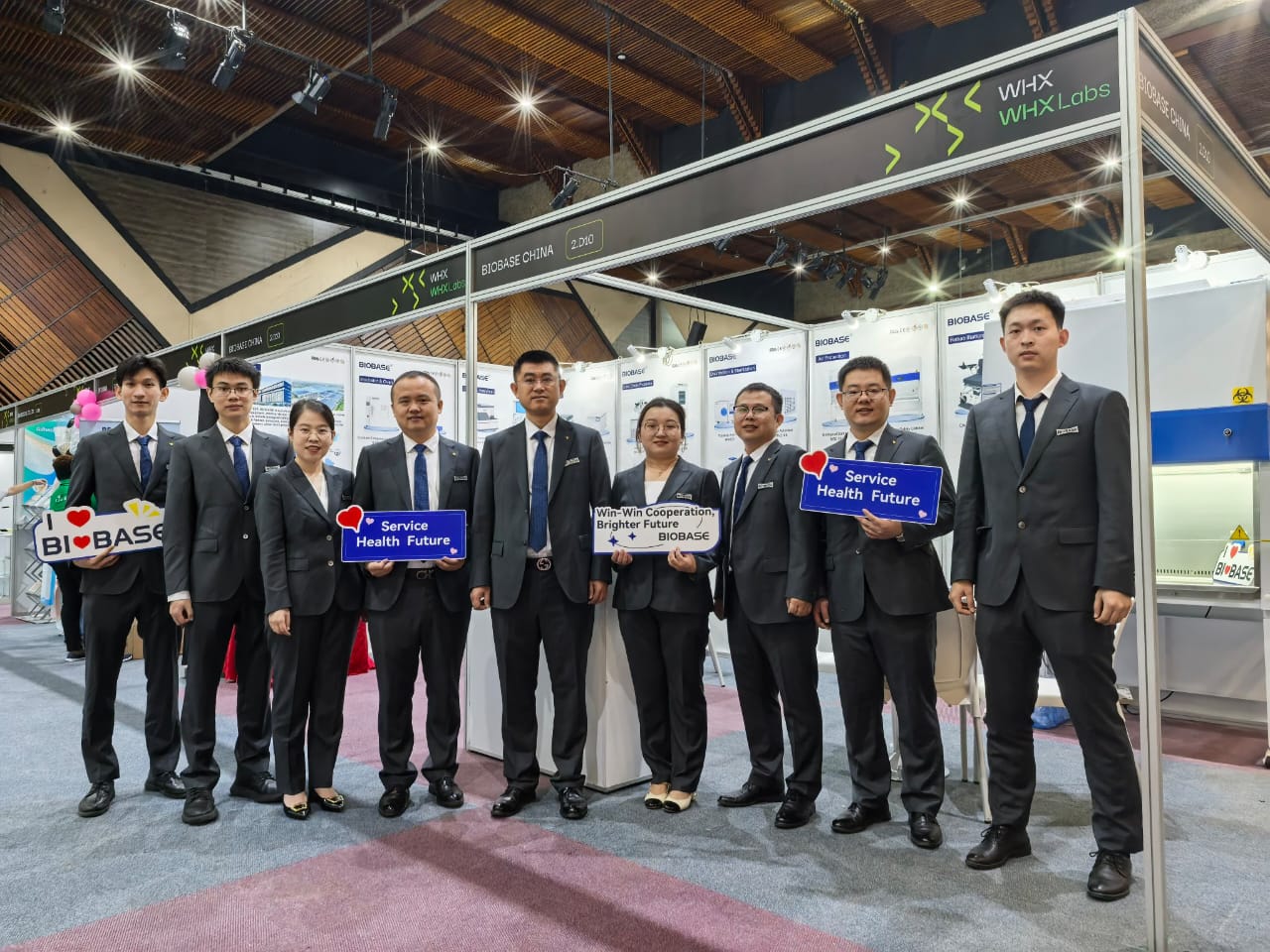Over the past decade, Kenya’s police have undergone a remarkable transformation, redefining their relationship with citizens through expansive reforms grounded in accountability, professionalism, and community trust.
Historically, policing in Kenya was shaped by a colonial legacy rooted in control, intimidation, and fear — a system that lingered long after independence. For years, the police were viewed more as instruments of authority than partners in public service. However, rising public pressure, human rights advocacy, and increased media scrutiny of police misconduct paved the way for a new era of reform.
A major milestone came with the 2010 Constitution, which restructured the Kenya Police Force into the National Police Service (NPS). This change was more than symbolic — it marked the beginning of a deliberate shift from a “force” mentality to a citizen-centered, service-oriented institution. New oversight bodies such as the Independent Policing Oversight Authority (IPOA) were established to enhance transparency, discipline, and accountability.
According to the Inspector General (IG) of Police, these reforms have resulted in a more disciplined and well-regulated service, supported by robust oversight mechanisms and modernized training programs. The emphasis has moved from enforcing authority to protecting citizens, safeguarding human rights, and promoting peace.
A key pillar of this transformation is the community policing initiative, Nyumba Kumi, which promotes collaboration between citizens and law enforcement officers. Through these partnerships, the police have been able to respond more effectively to emerging social challenges — including increasing drug use among young people. Recent trends show a 5% rise in substance abuse among girls compared to boys, a situation partly attributed to reduced parental engagement and unmonitored exposure to the internet. Nyumba Kumi encourages collective responsibility for safety, fostering cooperation to prevent crime and maintain harmony.
Despite the progress, the IG acknowledged that some communities still struggle to fully embrace the police, with instances where officers encounter hostility or misunderstanding from the very people they serve. Such situations, he noted, can leave officers vulnerable and hinder efforts to build mutual trust. He urged citizens to view police officers as integral members of their communities, emphasizing that cooperation and respect are essential for sustainable peace and security.
As Kenya continues to refine its policing model, the goal remains clear: to create a service that not only enforces the law but also embodies empathy, respect, and partnership. While the transformation is ongoing, the commitment is unwavering — to cultivate a police service that truly serves and protects all Kenyans through accountability, trust, and shared responsibility.
During a recent engagement, Dr. Blessings Mabberi highlighted the importance of strengthening police–youth relations, stating:
> “Today, we presented a proposal to organize a sports tournament involving the youth and the police as a way to bridge the gap between them. Sports is a powerful unifying factor in the community.”
She also commended the IG, saying:
> “We applaud the IGP for the exemplary leadership that has brought significant transformation and enhanced discipline within the service.”
During the visit, the team presented a Peace Award to the Inspector General in recognition of his efforts in maintaining peace, law, and order.




